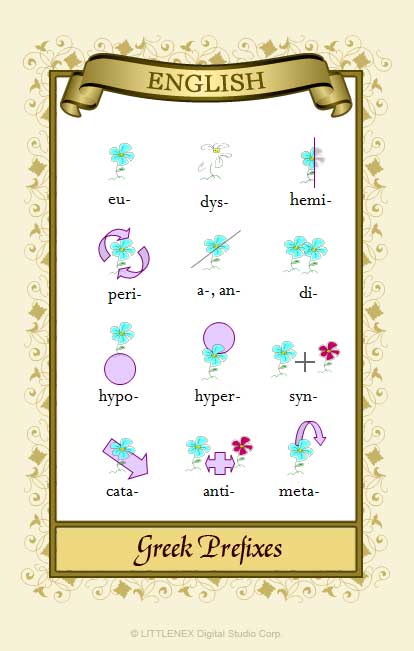This is the lesson attached to the English learning game Apiculturist's Laboratory. This is a quiz game to identify words based on their origins. English uses different levels of language, word origins help select the appropriate level of language to adapt to your audience! Play the FREE version of the game or join us and get the full version!
Apiculturist's Laboratory | English Lesson
English Word Origins
Vocabulary: Synonyms
meteorology weather forecast
science knowledge
happening phenomenon
equipment gear
routine behavior
apparently seemingly
consortium fellowship
resentment anger
provoke bring about
cut away diminish
finger-wagging admonition
firth estuary
port harbor
entrepot depot
given up abandoned
deduct take off
dearth shortage
galling vexing
pink-slipped dismissed
fib prevarication
ruckus din
shell out hand over
fortify strengthen
stew boil
ophthalmologist eye doctor
carnivorous flesh-eating
revelry fair
pungent sharp
feeble weak
rut depression
heat temperature
overture opening
candid straightforward
clever intelligent
amusing funny
stupid silly
elicit bring out
psyche soul
oneirism daydreaming
travel trip
aged old
absent-minded forgetful
omission oversight
fracture break
similar alike
carry bear
frugal thrifty
sweet kind
amity friendship
hardy sturdy
hindrance clog
spunky vivacious
abate lessen
aggregate gather
oscillate shake
English Word Origins
Latin, Greek & Germanic
Latin-based words and Greek-based words (usually academic, medical or scientific terms) are very common in English and are easily identifiable thanks to their prefixes or suffixes. Prefixes are a small group of letters positioned before the core of a word. Suffixes are a small group of letters positioned after the core of a word.
However most everyday words come from Germanic origins. Many words have both forms (Latin or Greek, and Germanic synonyms) to express the same meaning.


Click to enlarge
Main Latin prefixes
- ab- away
- ad- towards
- bi-, bis- twice
- con- with
- de-, e-, ex- from, away
- dis- apart
- in-, im- in, no
- inter- between
- re- back, again
- sub- under
- super-, supra- above
- ultra-, extra- beyond
Main Greek Suffixes
- -algia pain
- -ectomy cut
- -(a)emia blood
- -logy study
- -oid form
- -scope see into
Main Greek Prefixes
- mega-, megalo big
- micro- little
- macro- long
- cyclo-, gyro- round
- hydro- wet
- thermo- hot
- proto- front
- meso- middle
- poly-, multi- many
- oligo- few
- paleo-, archeo- old
- neo- new
- crypto- hidden
- homo- alike
- hetero-, allo- different
- iso- equal
Linguistic Fingerprints
Latin, Greek, and Germanic have identifiable linguistic fingerprints, a set of particular sequences of letters.
In addition to the prefixes and suffixes above, here are some of those fingerprints:
- Germanic is fond of ght, sw, ow, aw, ya, ei, ng, ck and the words derived from Germanic are usually short
- Greek is recognizable by ph, eu, hy, yl and by consonants that are usually not found together such as ps or pt
- Latin is characterized by a fair balance between vowels and consonants.
Example Psychological / pterodactyl Greek-based words because of ps and pt
Keep in Mind
You should always favor Germanic-based words over Latin-based or Greek-based words when talking to people in a general context.


